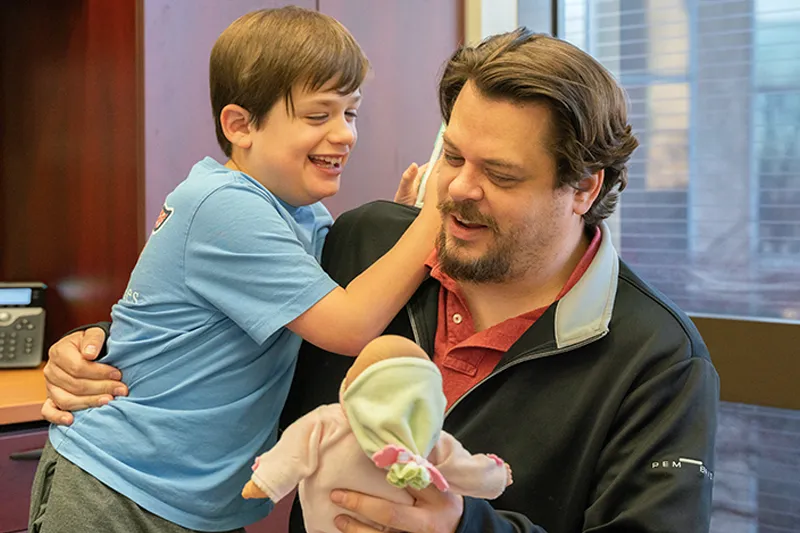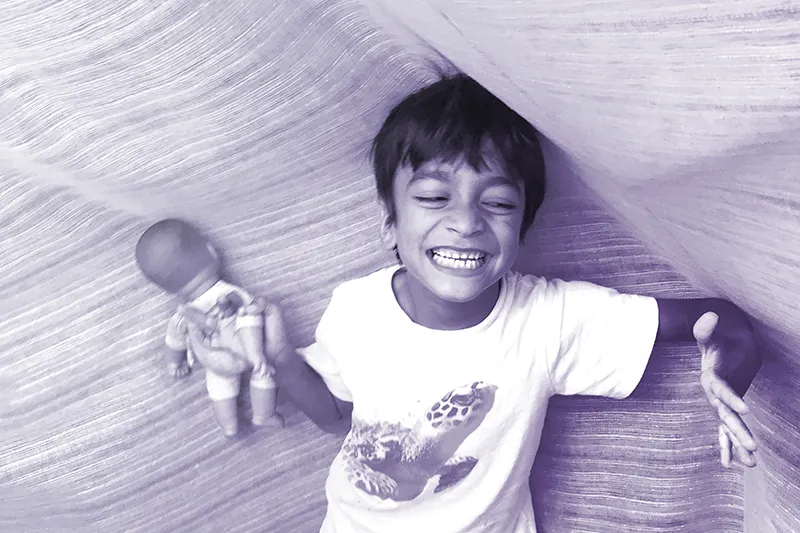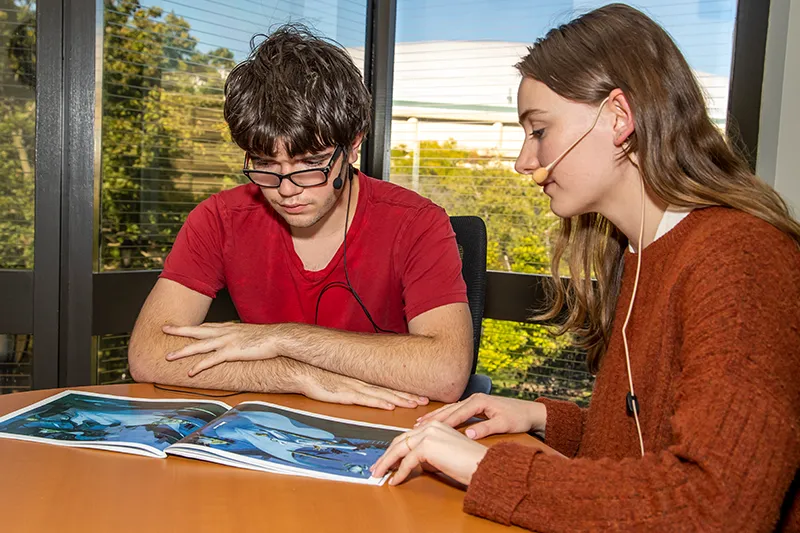Interested in helping us learn more about how autism, fragile X, genetics, and the environment all interact?
The Neurodevelopmental Diversity Lab at Northwestern University is currently recruiting:
- Autistic individuals and their families
- Individuals with fragile X and their families
- Carriers of the FMR1 premutation
- Individuals without autism or fragile X and their families

Current Studies

A Family-Genetic Study of Language in Autism
This research study explores how key developmental, behavioral, and neural features may relate to skills in autism and be heritable in families. Our goal is to inform the causes of autism, and to understand how the genes involved in autism may play a role in language and other important skills.

A Family-Genetic Study of Fragile X Syndrome
This research study investigates how the FMR1 gene influences development and behavior in fragile X syndrome, as well as in parents and relatives who are carriers of the FMR1 premutation. Findings will help us to understand how the FMR1 gene impacts the development of complex traits in all of us.

A Study of Variability in Autistic Trait Expression
This family study explores language use in autistic individuals and their family members across different biological and linguistic backgrounds. Findings will help us understand how language structure and environmental factors interact with genetic influences to impact social communication in autism.



